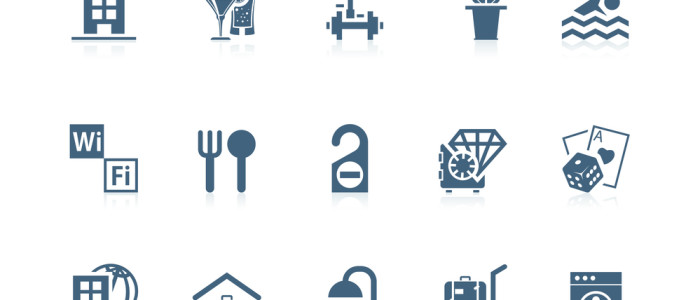Do Diet Apps and Fitness Bands Contribute to Eating Disorders?
Do Diet Apps and Fitness Bands Contribute to Eating Disorders?
With the proliferation of fitness apps and fitness trackers it’s easier than ever to keep track of your calories and exercise. That’s great for someone who needs to lose weight and is doing so in a measured and healthy way. It’s not such good news for those who might be more susceptible to developing an eating disorder.
You see them everywhere – wearables like Fitbit, Jawbone, Apple Watch and fitness apps such as My Fitness Pal, My Diet Coach, Lose It! etc… They’re even in clothing these days. These fitness wearables usually sync with an app on your phone or computer and allow you to track how many calories you’ve eaten, the nutrition value of the food and how much exercise you’ve done. They also allow you to plot out your weight loss goals – such as a healthy 2 pounds per week (most will not let you set a goal of more than 2 pounds per week) and then tell you how long it will take to reach that goal based on how many calories you consume and how many calories you burn through exercise. Many of these apps also have social features so you can compete with your friends.
For most people these apps provide the motivation and gentle push needed to lose extra weight gained from pregnancy, the college 15, middle age spread etc. But for someone who is prone to an eating disorder they can be disastrous.
Fitness apps provide an easy way to not only chart your success but also a way, if you’re inclined, to lose more than a healthy amount of weight. By doing the math for you it’s easy to figure out exactly how much someone might need to eat or exercise or both to lose an unhealthy amount of weight.
The easy access to the app (everyone has a smart phone these days) means you can pour over your results and obsess about them.
There’s a reason the apps can so easily trigger someone into an eating disorder or fall back into one. They apps take advantage of psychological theory called ‘gamification’ which basically means if you design an app like a game and provide something as simple as a digital trophy or other reward the user will be more likely to complete the tasks. Rewards include supportive and congratulatory messages pushed to your phone. An app might tell you to stand every hour or give you a digital high five for walking 10k steps. Great for those who need to lose a few pounds, or even more, but not so great for those who struggle with an eating disorder.
There’s no way to know who is going to develop an eating disorder by using an app. However, if you tend to go all, obsess over things or are very competitive you might want to stay away from these apps. If you have struggled with an eating disorder in the past it might be better to stay away from them. And if you are currently dealing with an eating disorder these apps might make the disorder worse and you may be better off staying away.
If you are struggling with an eating disorder please seek treatment right away. If you’re looking for Chicago area therapists that treat eating disorders please contact Anna Lamden at 312-818-4998. Outside the Chicago metro area please contact the National Eating Disorder Hotline at 1-800-931-2237.


Comments are closed.